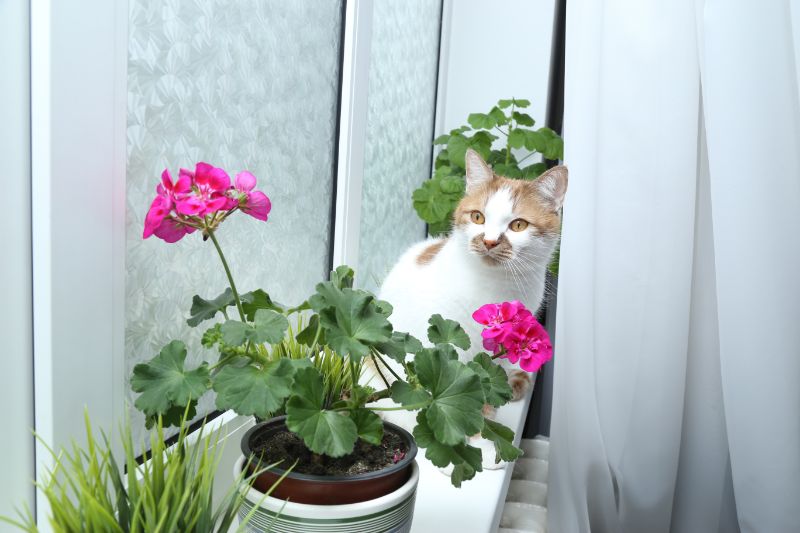March Is Pet Poison Prevention Awareness Month: Are Your Pets Safe?

The world is chock full of things our pets can get into. From human food to houseplants, the list of fascinating things your pet will want to chomp on is endless.
Most things may not be that harmful, but certain substances and items around the home can cause a pet emergency. Since we cannot rid the world of these things that are potentially poisonous, we can create greater awareness.
To observe national Poison Prevention Awareness Month, your team at Volunteer Veterinary Hospital is here with some tips on how to better protect your cherished friend.
Top 10 Pet Toxins
The list of things that are poisonous are inexhaustible, but there are the more common ones that are in most people’s homes and yards. According to the Pet Poison Helpline, they’ve compiled a list of the ten things that they receive poison calls about most frequently. Check and see how many of these you have in your home.
- Chocolate (dark and baker’s grade chocolate are more toxic)
- Lilies (very poisonous to cats)
- Rodenticide
- Household Cleaners
- Medications, especially antidepressants, antiinflammatories, and stimulants like those for ADD/ADHD
- Xylitol in sugar-free gum and candy
- Foods like grapes, raisins, and garlic
- Essential oils (fumes are toxic, as well as the oils)
- Vitamin D toxicity
- Spot-on flea and tick treatment (toxic to cats)
We bet you have many of these, right? Medications are problematic because they are easy to drop and lose (but won’t be lost on your pets). Food items, too, are often scooped up out of open trash bins and compost.
The problem that most toxins present is that they don’t always appear in your pet’s overall health and behavior until serious symptoms emerge. It also depends on how much your pet ingested and the size of the pet. Calling us on the way to our clinic can give us both the heads up to prepare and also the time to ask questions about what your pet ate, when, and the size and general health of your pet.
Pet Poison Prevention
Considering the severity of some poisoning situations, preventive measures are key to reducing future risk. Many pet owners have no idea, for example, that grapes can pose a poisoning emergency, then this lack of awareness can cause harm. To prevent toxicity in pets, practice the following prevention measures.
- Get to know common pet toxins, both in the home and outdoors.
- Keep a list of poisonous plants any time you decide to shop for garden needs, as to avoid having them in the garden and yard.
- Use organic, pet-friendly household cleaners.
- Avoid the use of fertilizers, compost, cocoa shells mulch, and rose food.
- Make sure medications are put in a safe place, like the medication cabinet.
- Scan your home, looking for anything that can pose a problem. Remember to treat your pet like you would a toddler.
For more information about pet poison prevention, or to schedule an appointment, we are here for you. Just give us a call!

